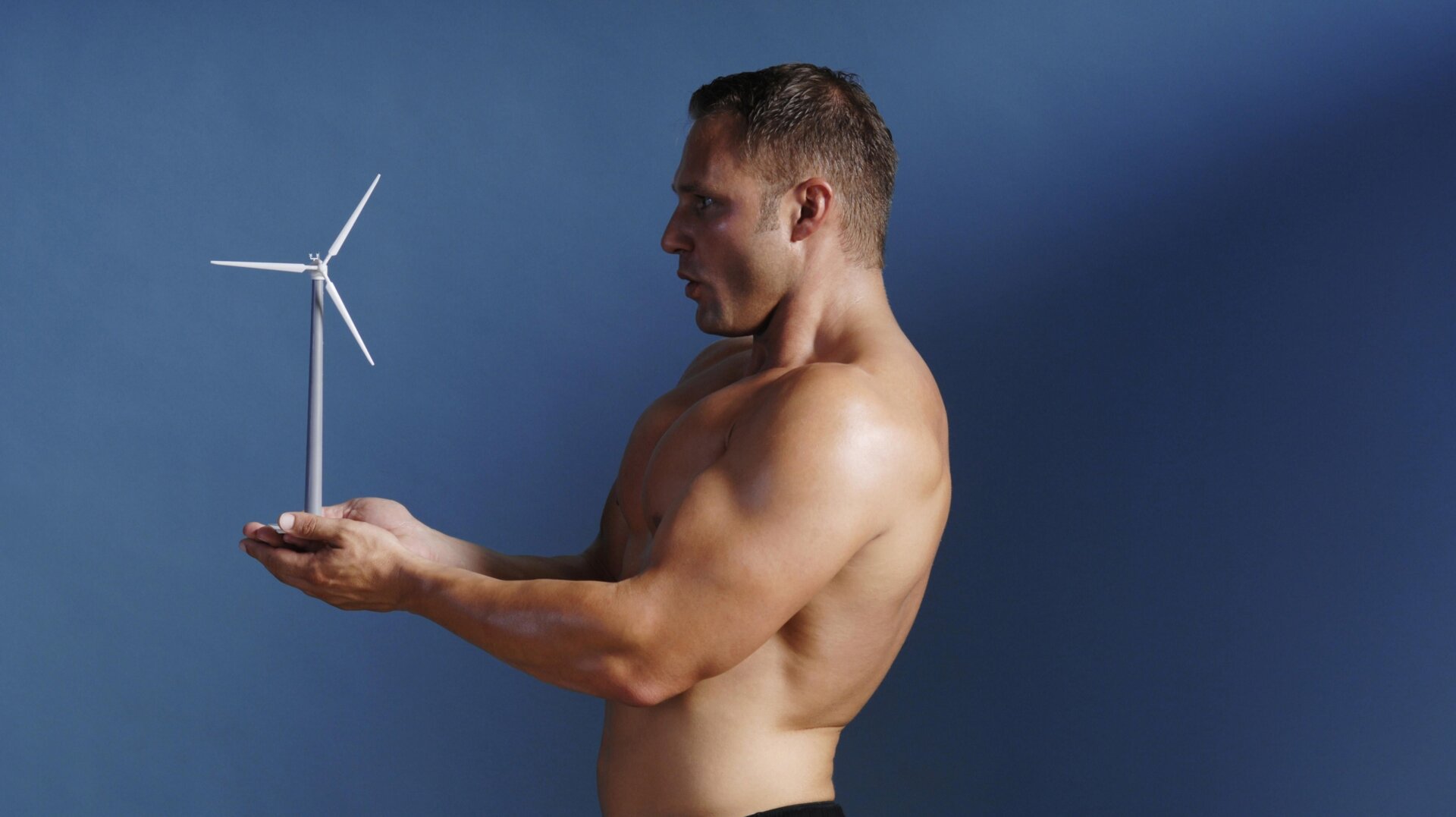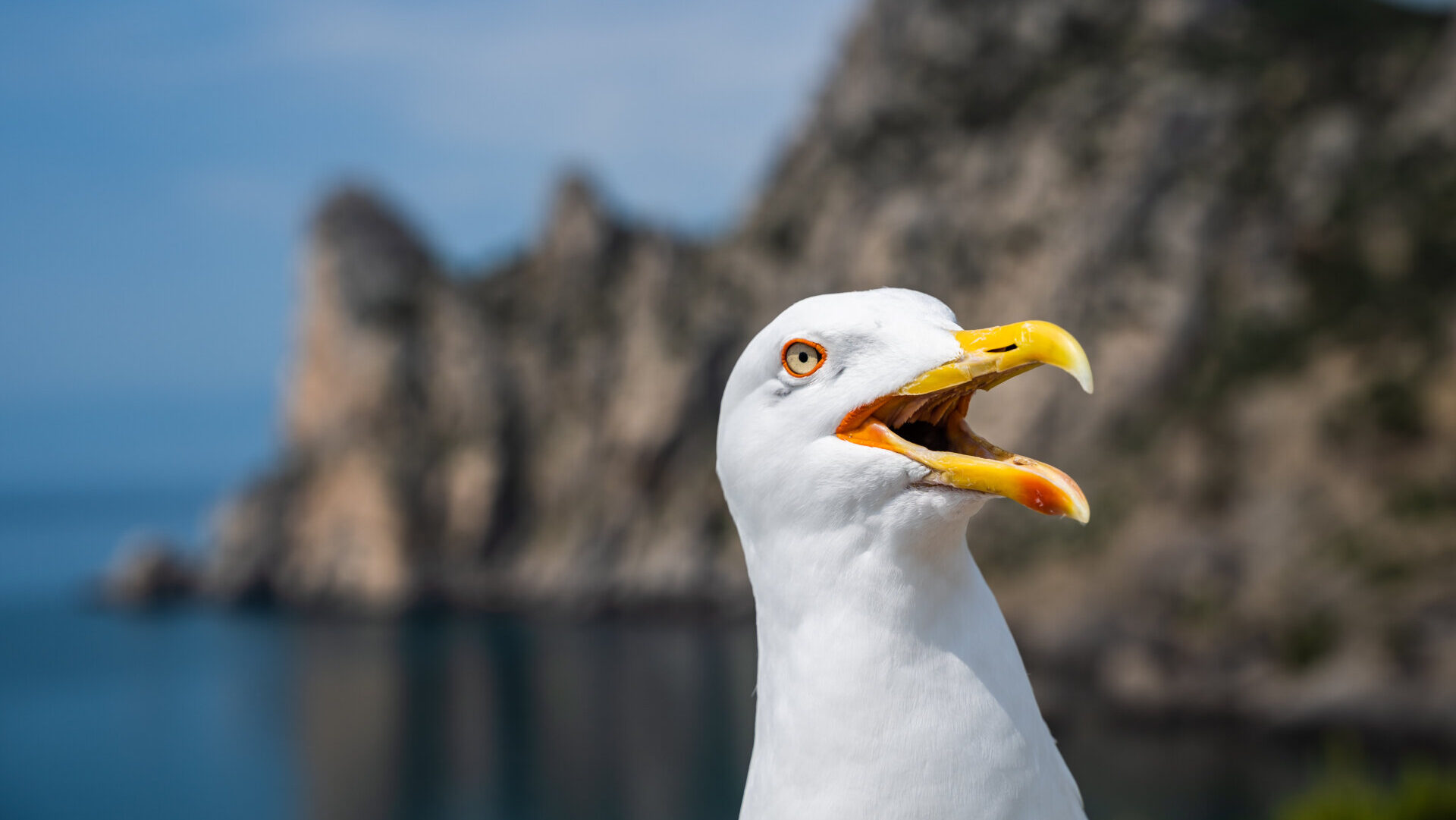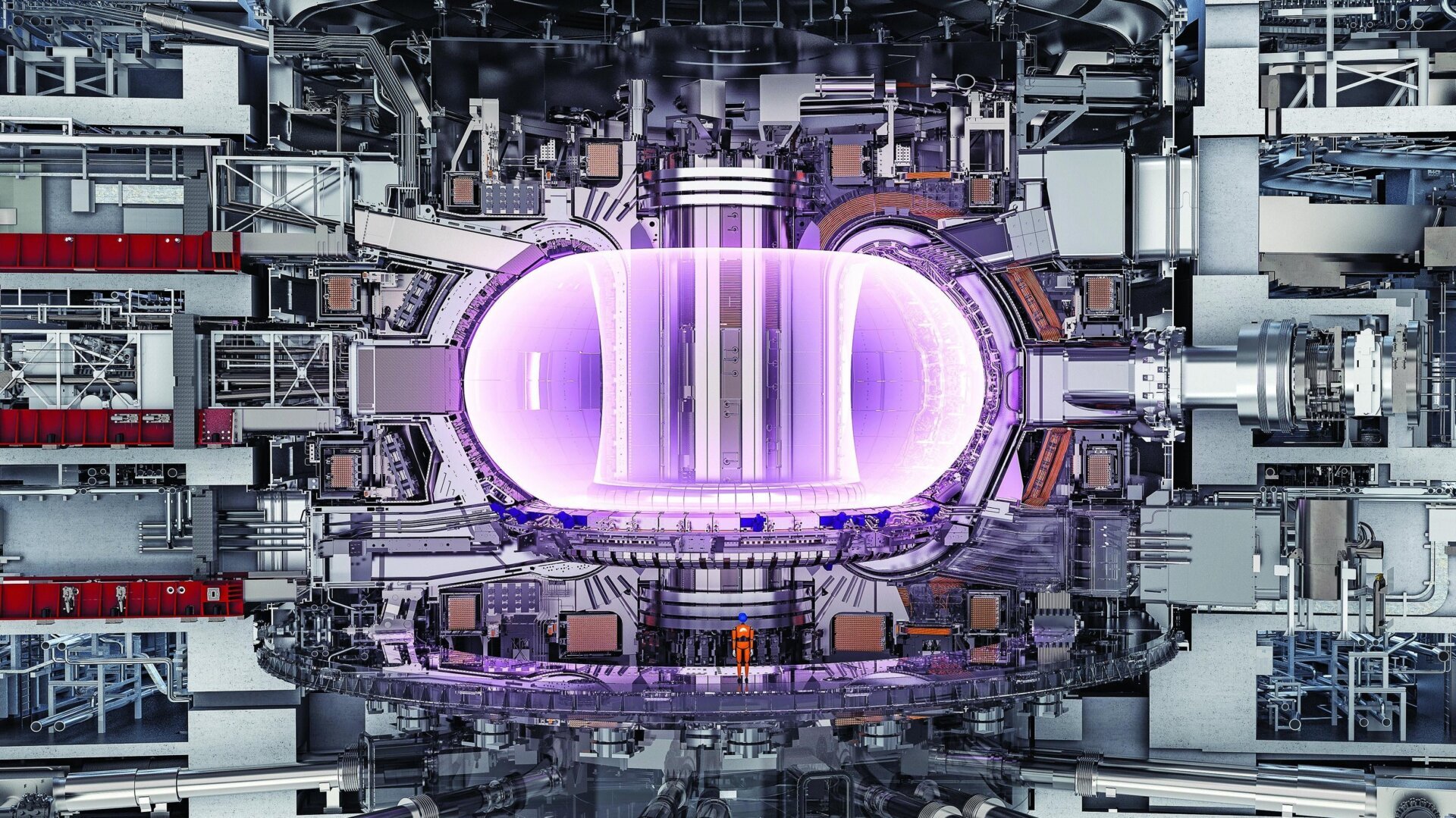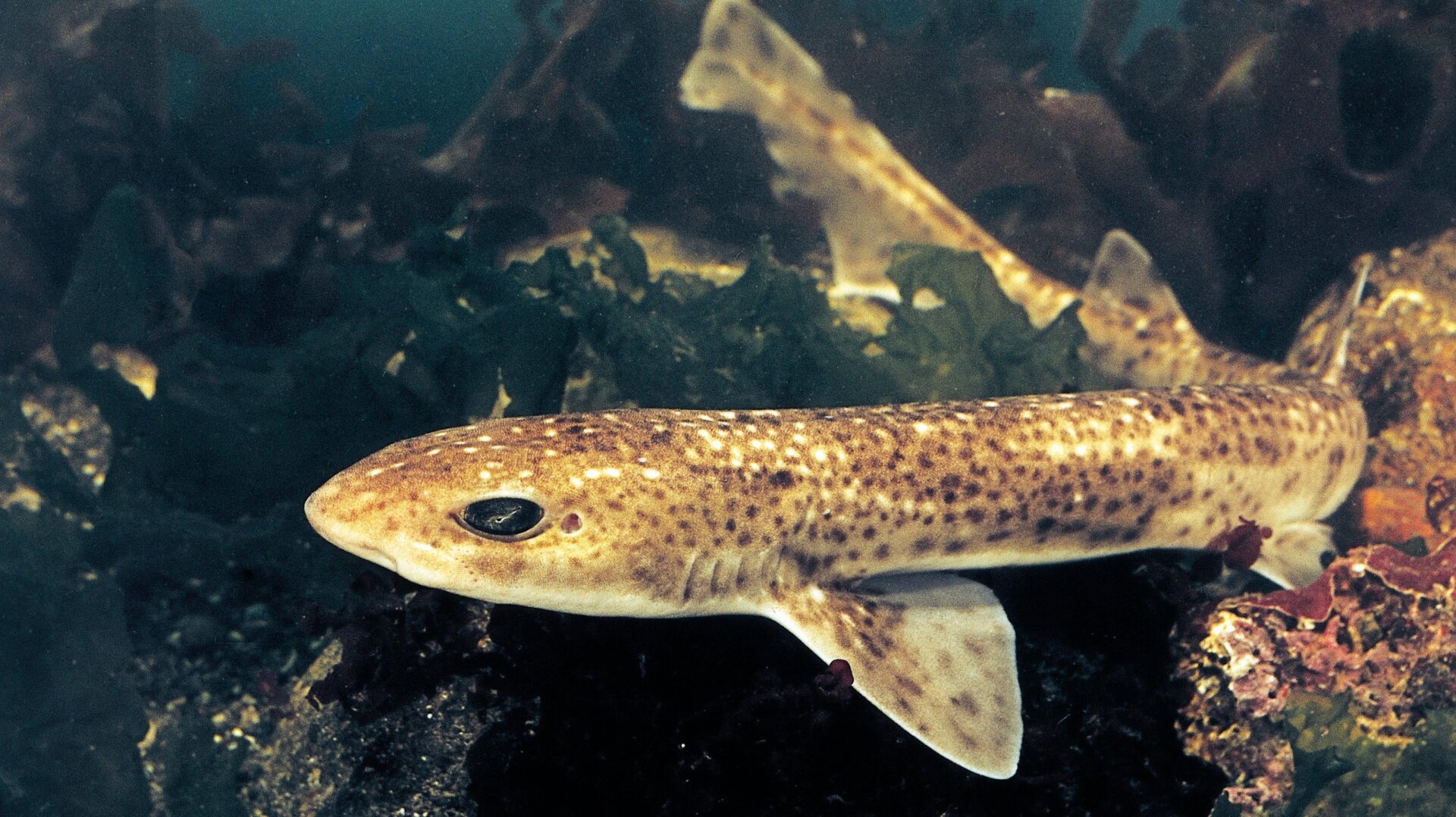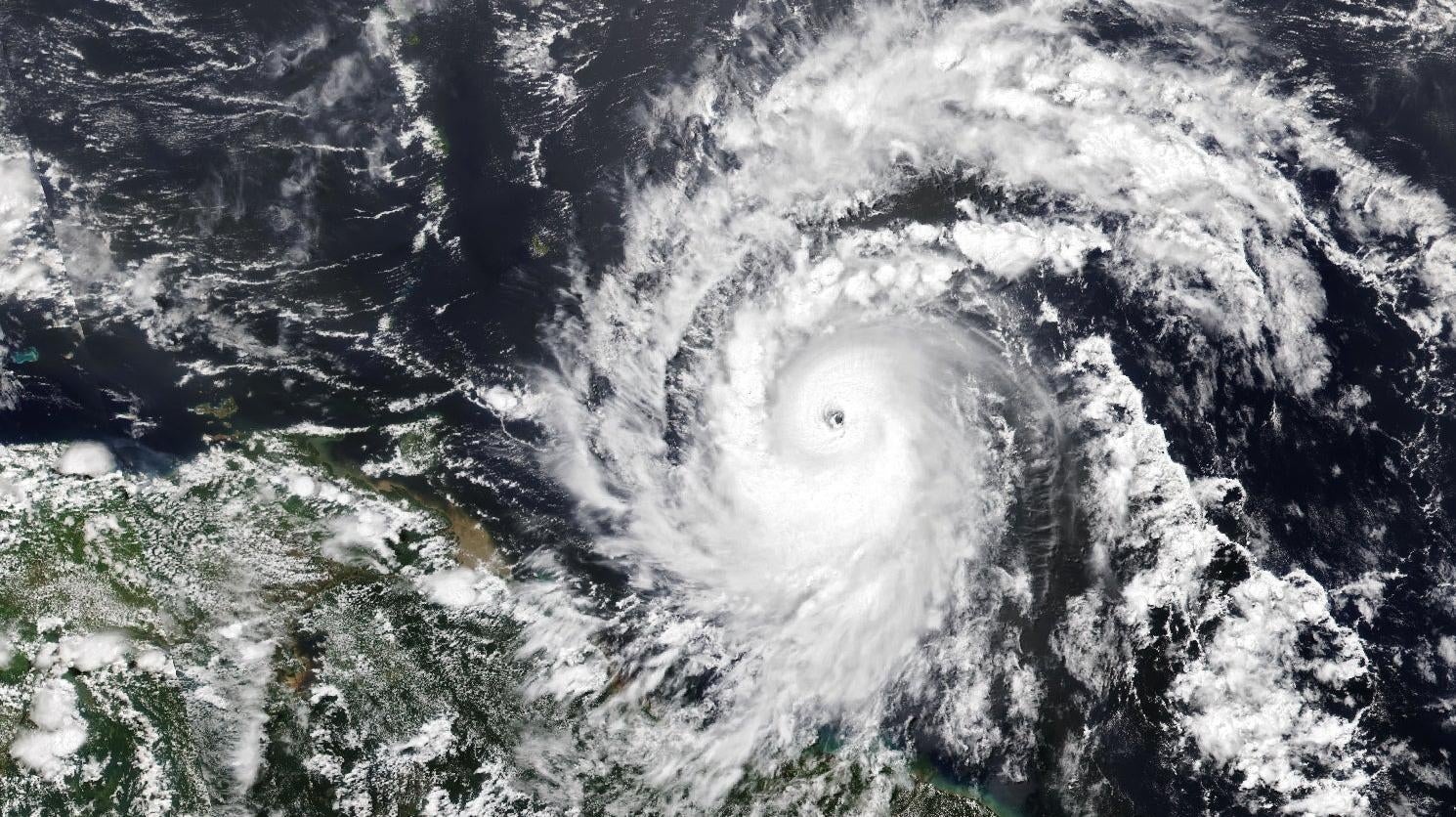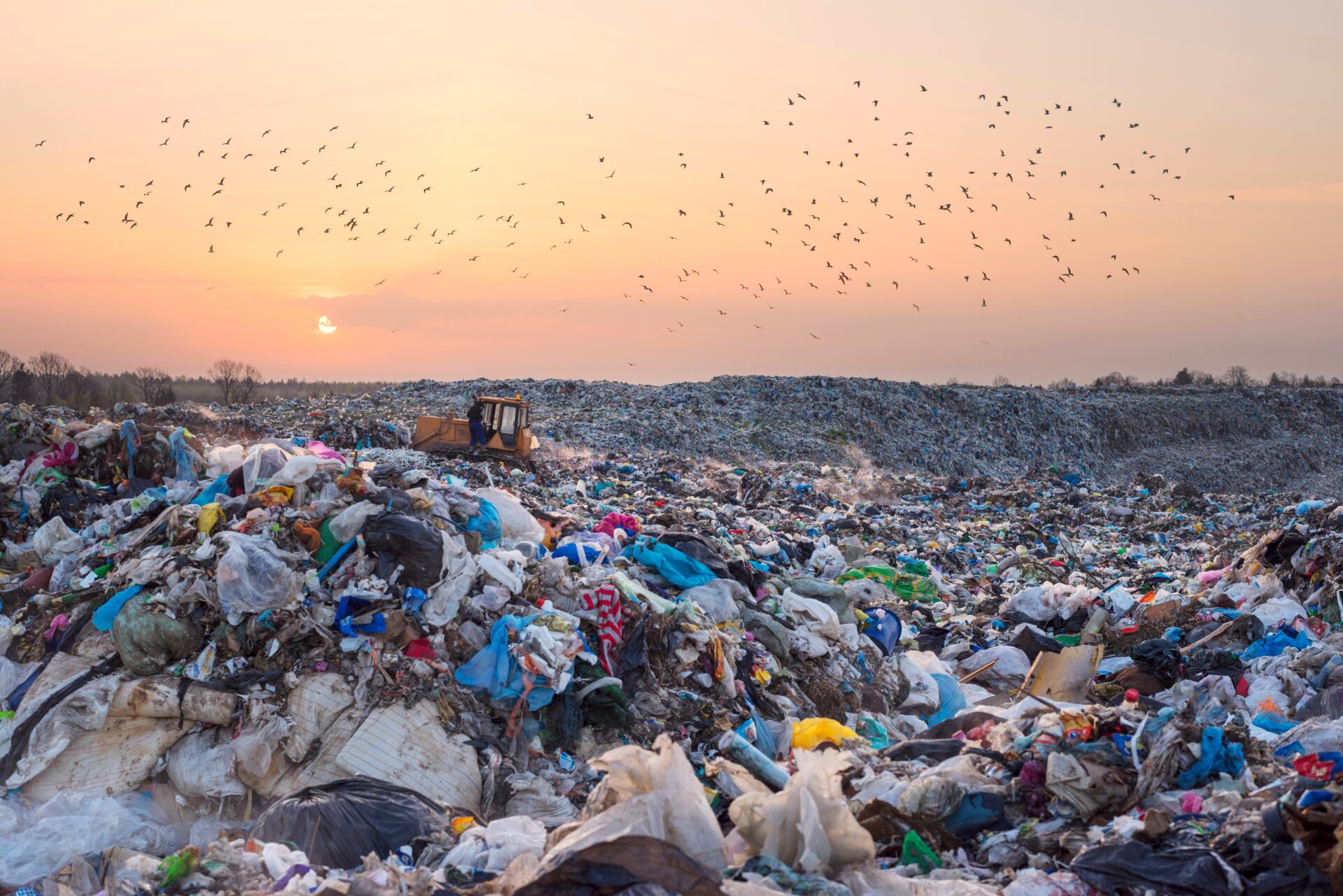I always joke that, because of my job, I’m consistently the most depressing person at a party.
That line tends to get a laugh, but it’s true. Whenever I say in social settings that I’m a reporter and I write about climate change, someone inevitably nods and gets Very Serious. The tone of the conversation will shift, as that person piously—and nervously—informs me that what I do really matters, and then they’ll talk about how they’re trying to buy an EV or something. I feel like they expect me to slap their wrists for using plastic cups, or to monopolize the conversation lecturing about Western wildfires, even though we’re on the East Coast. They could never guess that just a few months ago I spent the majority of my workday at Earther photoshopping funny Halloween costumes based on climate ideas or trying to think of zingy headlines to rip Bill Nye a new one for working with Coca-Cola.
The thing is, I get the impetus. There’s a lot of bad news out there about climate change, which we’re constantly told is the most important story of our lives—and, conversely, an issue that “no one is talking about.” The subtext from a lot of media outlets (and some, uh, recent blockbuster movies) is that it’s a shame most people don’t care, and because of our own apathy, we’re headed for climate disaster. I think it’s very easy to get bogged down in the inherent trap of the overwhelming bigness of the problem. We become fixated on the little things we can theoretically do—recycling, reducing our carbon footprint, using less plastic, and taking fewer flights—which inevitably makes us feel terrible because we’re trapped in capitalism, and doing these things is extremely hard, if not impossible. Meanwhile, climate news stories that focus on stuff like the annual UN climate meeting (which I’ve covered, and which I maintain is simultaneously the most boring and important meeting each year) tend to revolve around endless policy jackhammering and the same tired tropes all over again, which makes for an insanely dull narrative. Then we feel bad for not caring, and the cycle starts all over again.
I really hate this cycle. My philosophy, and the philosophy of a lot of the incredible people who have worked here at Earther, is to take the generous route: assume that our readers do care about climate—deeply—but may feel overwhelmed by the bigness of the problem, and unsure about what to do. At Earther, we write about the big stuff, sure, but also we write about our own anxieties about stuff like recycling and fast fashion, and we try and keep the focus of our ire on the enormous corporations and polluters that got us into this mess in the first place (while maybe poking fun at a deserving politician or two on the way). I hope we’ve succeeded in making a place that feels like a respite from the status quo of climate news.
By now, you may have figured out that this is a goodbye post—that this will be my last post after two and a half years at this website, and that I’m trying to figure out how to encapsulate the meaning of a place like this. We’re at a strange point in our history, where things feel molasses-slow on some issues and lightning-quick on others. We may have passed the first climate legislation the U.S. has ever seen, but fossil fuel projects are still getting proposed and passed. Progress is being made, but there’s a sense of fragility in the air. It looks like the GOP is going to use the twin hammers of fearmongering about the existence of queer people, like me, as well as fearmongering about (of all things) environmental and social governance principles in investing to continue to seize power in statehouses while trying to take back the White House. Meanwhile, climate deadlines that used to feel comfortably far away are suddenly much closer. I’ve written the phrase “we’re running out of time” so many times it’s beginning to lose meaning, even as important dates that the Intergovernmental Panel on Climate Change has set out for us become more and more the present and less the future.
I’m not leaving climate journalism, but I am leaving Earther, which gave me a respite in all this madness. Earther is one of the rare climate sites that felt like a break from the deluge—where multiple perspectives could exist at once, where I could acknowledge my own limitations in addressing the crisis while learning to do a little better each day. I’m endlessly grateful for a place that let me dive deep into investigations of oil and gas companies one day and write about weirdly horny wind energy photos another. I’m endlessly grateful for this place that let me post about what being gay feels like right now—how the same monied powers that are seeking to destroy our planet are also using some of our identities as weapons—and how that ties into the fate of the climate movement. I’m grateful for the nuance, for the jokes, for the grace. I’m grateful for it all.
I’m not sure what the future holds, and I don’t know the right way to get there. I don’t think any person working on this issue who claims to have all the right ideas for averting disaster is worth listening to. The problems we’re facing now—how to get the grid off fossil fuels, how to ensure we equitably make the world safer and cleaner for everyone, how to share resources and restore ecosystems—are complex, and they require everyone to have the capacity to sit, listen, hold multiple opinions, and have a little black humor about the whole thing. As the adults in the room continue to consolidate power and flatten out interesting voices and unique perspectives in media organizations, it’s my fervent, against-all-odds wish that there become more places on the internet like Earther, not fewer.
Thanks for reading, and I’m glad you’ve been here, even if it was just for a little while. See you on the flip side.
